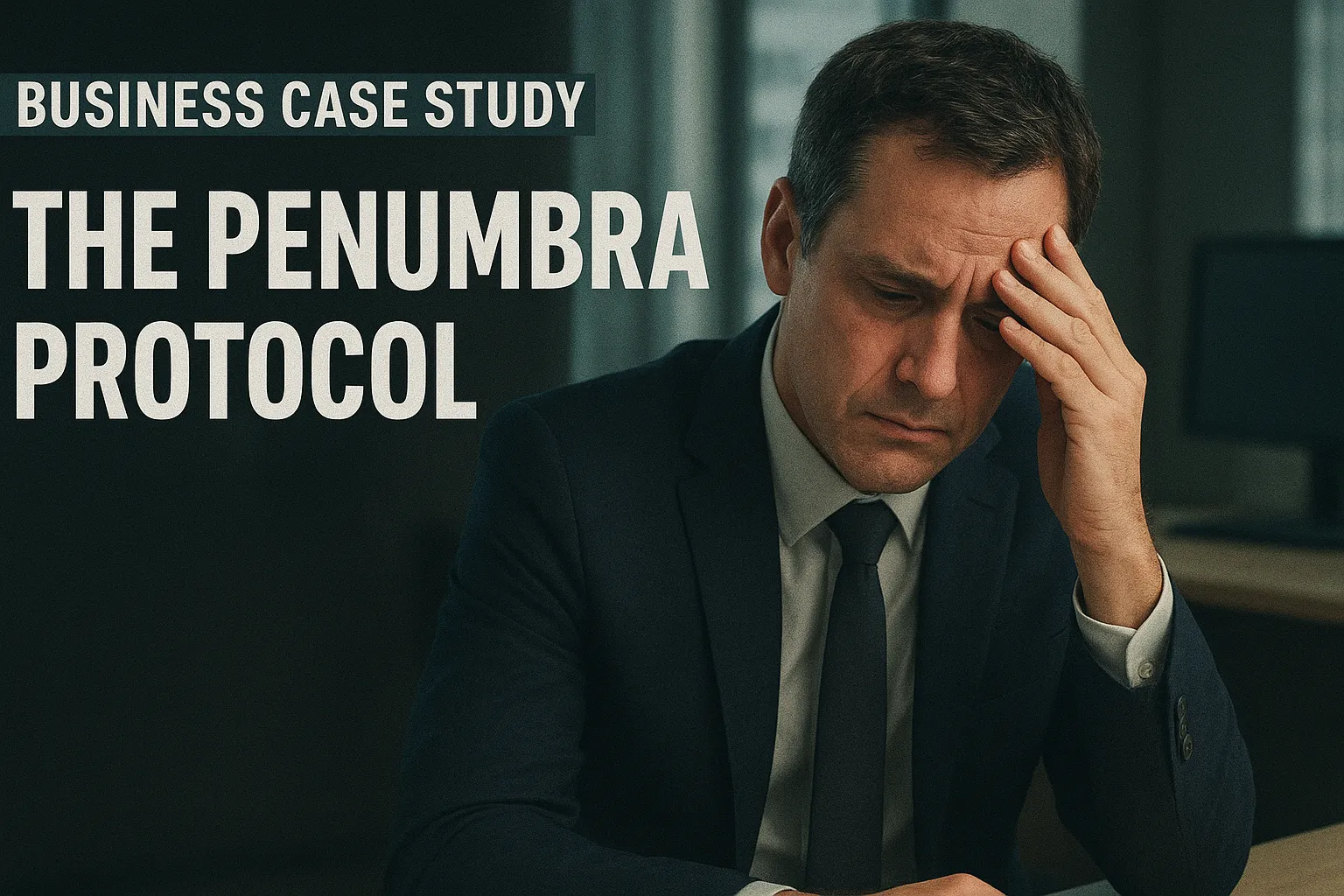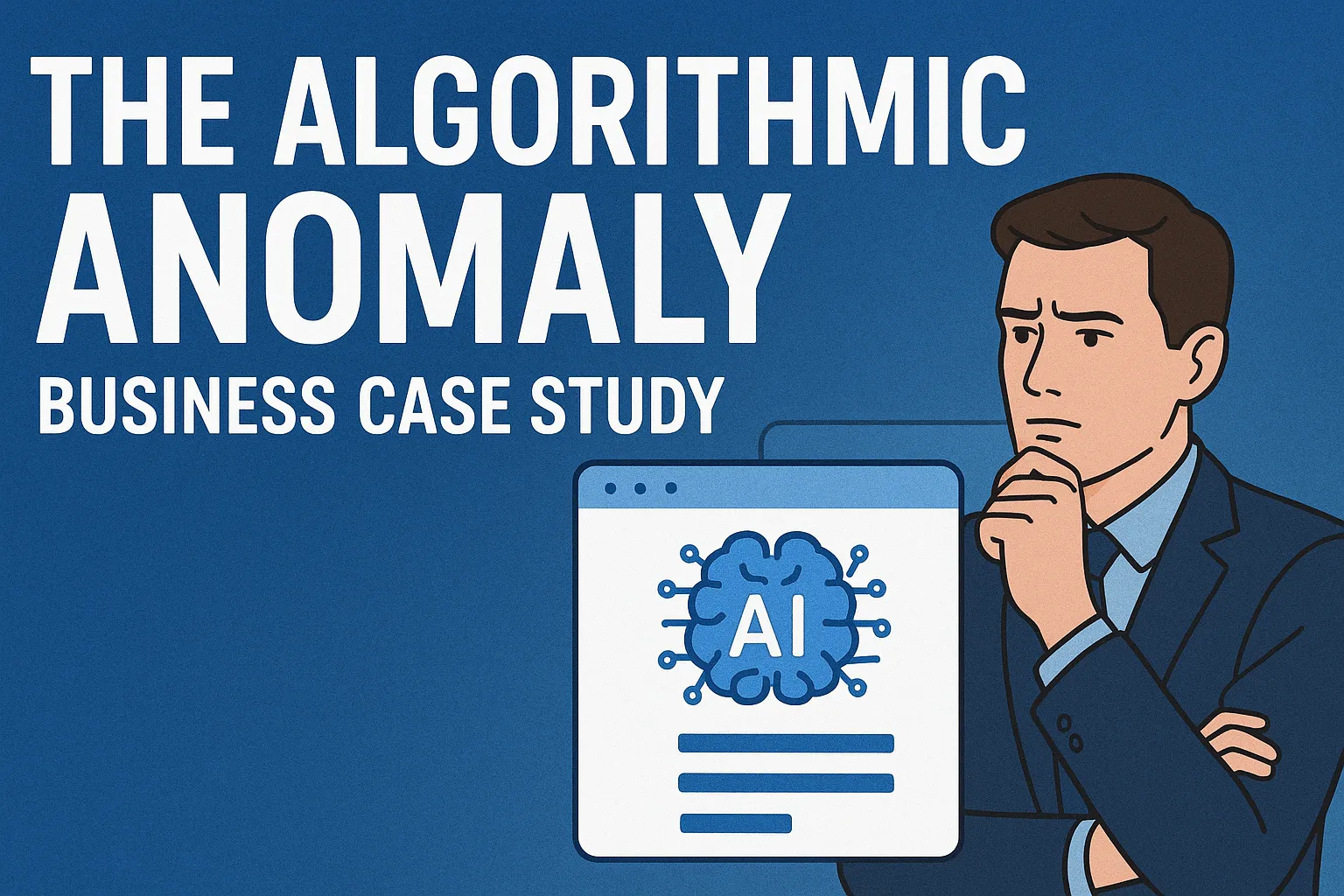 Case Studies Club
Where Strategic Minds Meet
Case Help
Case Studies Club
Where Strategic Minds Meet
Case Help
The Untethered Exchange – A Paradox of Un-Business
Navigating the Chaos of Un-Structure: A Critical Decision for a Non-Business Entity
The Serendipity Swap Shop, a global network of spontaneous exchange points, faces a paradoxical dilemma as nascent demands for structure threaten its core identity of unmanaged serendipity. This analysis explores strategic options to either reaffirm its chaotic ethos or cautiously integrate elements of order, critically evaluating the implications for its unique anti-business model.
Core Themes:
Turn Business Challenges Into Strategic Wins
Browse our Insights Marketplace for frameworks and tools that drive results
Explore MarketplaceOverview
The Serendipity Swap Shop stands as a peculiar anomaly, an entity that defies conventional classification. Operating as a decentralized, ostensibly non-profit network of physical exchange points, its core tenet is the deliberate rejection of all standard business principles. The central dilemma confronting this "un-business" is the unexpected emergence of a rudimentary market dynamic within its chaotic structure, threatening its very essence of unmanaged spontaneity. This analysis will dissect the paradoxical forces at play, framing the decision not as a path to optimization, but as a critical choice between continued organic existence and the insidious creep of unintended structure. The analytical approach must transcend typical profit-and-loss metrics, instead focusing on the preservation of a unique, almost philosophical, operational ethos.
Backstory
The Serendipity Swap Shop emerged not from a blueprint, but from a whisper. Its genesis was a quiet rebellion against the curated, commodified world. In various urban nooks and forgotten corners across the globe, individuals began leaving items – books, trinkets, tools, art – in designated, often makeshift, public spaces. Others, drawn by curiosity or need, would take what they found, occasionally leaving something in return. This organic exchange, devoid of rules or oversight, blossomed. Its market position, if one could call it that, was in its utter lack of one – an anti-market, a pure conduit for unexpected utility and fleeting connection. Core competencies, if any, lay in fostering radical trust and an almost childlike faith in benign happenstance. It was a testament to the power of human inclination without institutional guidance, a thriving ecosystem of the discarded and the desired, where value was subjective and transaction purely altruistic.
The central challenge now, however, is the unexpected growth of a nascent demand for more specialized, or at least more pred...
🔓 Unlock This Case Study
Access full cases, analysis, recommendations, and community insights


